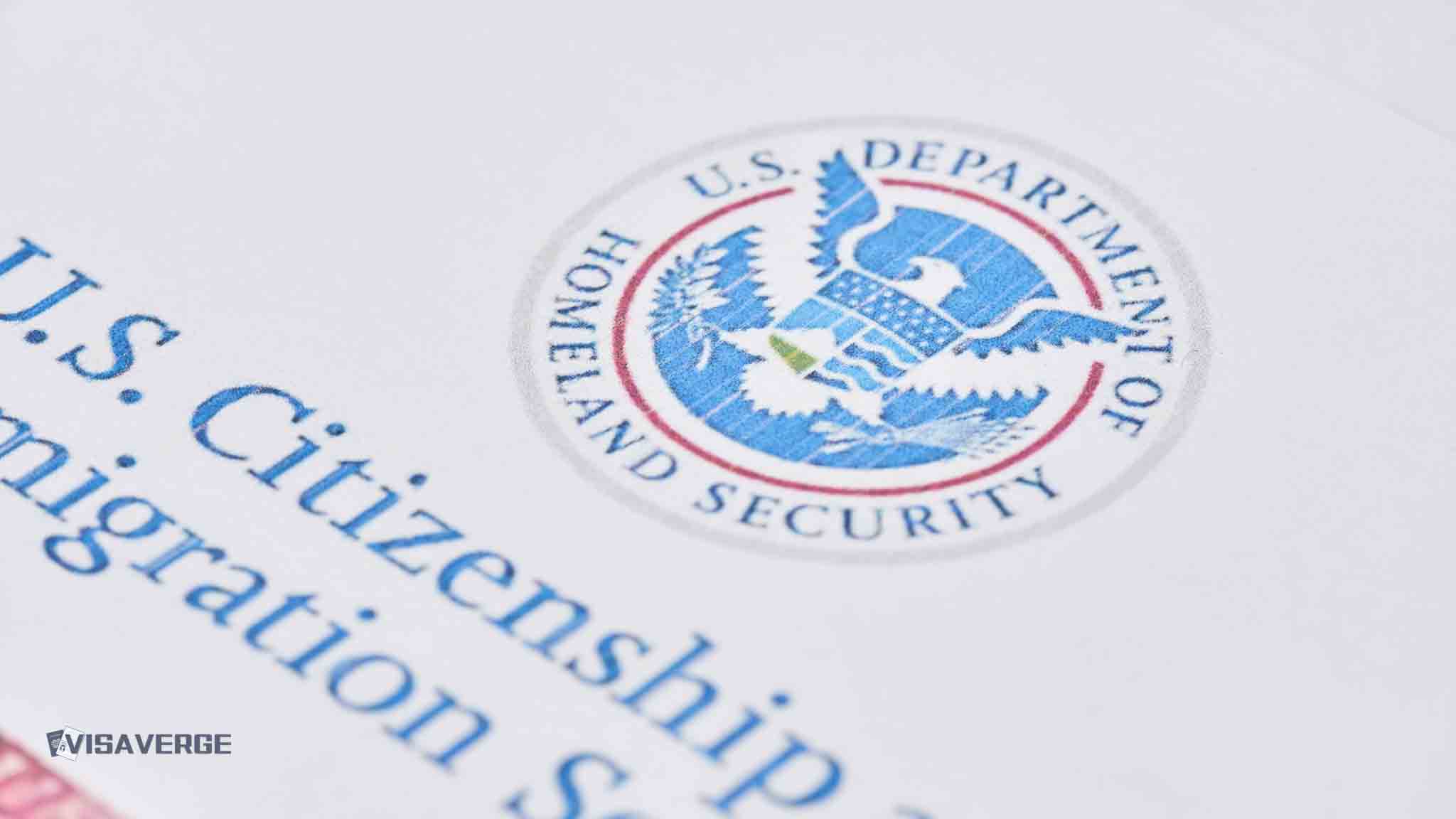Marriage, migration, and the complexities of the legal system can often create a tangled web of disputes, especially when it involves partners from different countries. The case of an NRI (Non-Resident Indian) woman whose FIR (First Information Report) was recently quashed by the Punjab and Haryana high court is a prime example of such complexities. Let’s delve into the details of this case and unravel the judicial reasoning that led to the dismissal of the criminal charges.
Understanding the FIR Against the NRI Woman

In March 2020, Amandeep Singh from Sangrur took legal action against his wife, Rajwinder Kaur, and her father, Gurtej Singh. He alleged that they cheated him and conspired against him criminally. Amandeep claimed that after their wedding in 2014, they had a mutual understanding that Rajwinder would move abroad after passing the IELTS exams on a study basis and that he would later join her.
He bore all the expenses, from coaching and training to tickets and living expenses in Australia, totaling nearly ₹30 lakh. However, Rajwinder ceased communication with him and demanded an additional ₹17 lakh as a fixed deposit in her name. This led to Amandeep accusing her of abandonment and cheating.
Legal Proceedings and Quashing of the FIR
In response to the FIR, Rajwinder and Gurtej Singh appealed to the high court, seeking to quash the charges. They contended that Amandeep never intended to join Rajwinder in Australia and that he failed to provide the money for her travel, which was then covered by her father. Moreover, the petitioner argued that a compromise had been reached in January 2019 that Amandeep later disavowed, leading him to file the case.
The high court’s bench, led by Justice Deepak Gupta, meticulously examined the nuances of this case. In the observance of justice, the court stated,
“Even if it be assumed that all the expenses for coaching, training, tickets or expenses required for living in Australia were incurred by the husband, the same do not prima facie make out a case of cheating, as the amount was spent by a husband on his wife.”
Through this lens, the court considered the circumstances and the existing compromise agreement, which Amandeep had disregarded.
Highlights of the Court’s Judgment
In its detailed judgment, the court highlighted several key points:
– The court recognized that an FIR can be quashed if it doesn’t prima facie constitute an offence or if continuing the proceedings would result in a miscarriage of justice.
– It noted that according to the compromise document, Rajwinder was not obligated to return to her husband; instead, he would pay her ₹3 lakh more for two months, and if he failed to move to Australia, he was required to provide ₹50,000 per month for her expenses.
– Rajwinder’s lack of signature on the compromise document was also considered significant, implying that she wasn’t bound by its terms.
– Ultimately, Justice Deepak Gupta ruled that the continuation of proceedings arising from the FIR would constitute a miscarriage of justice, emphasizing that
“…this court is of the considered view that continuation of any proceedings arising out of the FIR will be miscarriage of justice. Even if the contents of the FIR are considered in its entirety, prima facie no case of cheating is made out, particularly in the light of compromise, execution of which has not been denied by the husband.”
Implications for NRI Marriages and Immigration
This case raises critical conversation points about NRI marriages, the responsibilities and expectations from both partners, and the legal recourse available when disputes occur. As more people marry across borders, understanding the legal framework, including immigration laws and marital rights, is becoming increasingly important.
For those looking to understand their rights or navigate the legal aspects of international marriages, let’s enumerate a few reliable resources:
– The Ministry of External Affairs’ website (MEA India) provides comprehensive guidelines and assistance for Indian citizens abroad.
– The official Australian Government Department of Home Affairs website contains vital information on visas, citizenship, and living in Australia.
– Organizations like Save Indian Family Foundation offer support and guidance to individuals facing marital litigation.
Final Thoughts
The decision to quash the FIR against Rajwinder Kaur and her father underscores the delicacy required in handling cases that involve emotional, financial, and international aspects. It illustrates the importance of legal documents, like a compromise, in clarifying the expectations of married partners, especially in cross-border dynamics.
For those facing similar situations, the key takeaway is to seek proper legal advice and consider the cultural implications of marrying and migrating abroad. Additionally, it highlights the necessity to thoroughly document and agree upon the terms of such arrangements, which can prevent potential legal disputes down the line.
In conclusion, while the intricacies of legal battles are often complex and emotionally draining, understanding and upholding one’s rights within the framework of law remain paramount. This case is not just about the quashing of an FIR against an NRI woman; it’s a reminder of the nuanced interplay between personal commitments and legal obligations.
Learn Today:
Glossary of Immigration Terminology
- NRI (Non-Resident Indian): The term used to refer to an Indian citizen who resides outside of India for employment, education, or other purposes.
-
FIR (First Information Report): A written document prepared by the police in India that initiates the criminal justice process. It is the first step taken when information about the commission of a cognizable offense is given to the police.
-
Mutual Understanding: An agreement or consensus reached between two parties where both parties have a shared understanding of the terms or expectations involved.
-
IELTS (International English Language Testing System): A standardized English language proficiency test for non-native speakers who wish to study, work, or migrate to countries where English is the primary language.
-
Fixed Deposit: A financial investment in which an individual deposits a certain amount of money with a bank or financial institution for a fixed period at a fixed interest rate.
-
Legal Proceedings: Formal activities that take place within the legal system, including filing lawsuits, presenting evidence, and making arguments in court.
-
Quashing: The act of annuling, revoking, or setting aside legal proceedings or charges.
-
High Court: A superior court in the Indian legal system that has jurisdiction over a specific geographical region and hears appeals and revisions against lower court judgments.
-
Compromise: An agreement reached between opposing parties to settle a dispute or reach a mutual understanding by making concessions or finding common ground.
-
Prima Facie: Latin term meaning “at first glance.” It refers to the evidence or facts that, if taken as true, are sufficient to prove a case unless contradicted.
-
Miscarriage of Justice: A failure or violation of the principles of justice in which an innocent person is convicted or a guilty person is acquitted.
-
Immigration Laws: Laws and regulations that govern the admission, entry, stay, and departure of individuals from one country to another.
-
Marital Rights: The legal rights and obligations that pertain to marriage, including but not limited to property rights, inheritance, spousal support, and child custody.
-
Ministry of External Affairs: The government department in India responsible for the country’s foreign affairs, including consular services, visas, and assistance to Indian citizens abroad.
-
Australian Government Department of Home Affairs: The department of the Australian government responsible for immigration and border control, nationality, and citizenship matters.
-
Save Indian Family Foundation: An organization that provides support and guidance to individuals facing marital litigation and advocates for the welfare and rights of men and their families in India.
-
Legal Advice: Professional guidance provided by a qualified lawyer or legal expert to individuals seeking assistance in understanding their rights, obligations, and options within the legal system.
-
Cognizable Offense: A criminal offense for which a police officer may arrest an accused person without a warrant, and it is lawful for the police to start an investigation without the need for a formal complaint from the victim.
-
Cross-border Dynamics: The interactions, relationships, and complexities that arise when individuals from different countries are involved in personal, social, economic, or legal matters.
-
Legal Disputes: Conflicts or disagreements that arise from legal issues or obligations and require intervention or resolution through legal processes or proceedings.
And there you have it, the fascinating case of the NRI woman whose FIR was quashed by the Punjab and Haryana high court. It’s a vivid reminder of the complexities that can arise when marriage, migration, and legal disputes intersect. If you want to dive deeper into immigration and legal matters, head over to visaverge.com for more insights and guidance. Happy exploring!
This Article in a Nutshell:
Navigating complex legal and marital disputes in immigration can be challenging. Take the case of an NRI woman whose FIR was quashed by the Punjab and Haryana high court. The court ruled that the charges of cheating were not substantiated and emphasized the importance of documentation and compromise agreements in such cases.













